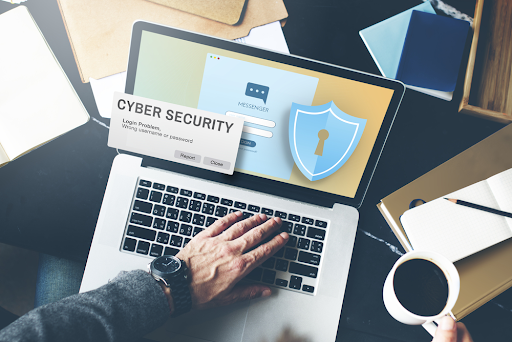With more and more people and companies transitioning to remote work, there is a lot more sensitive data on the internet through personal networks. Seeing as home and private networks and devices are usually a lot less secure than their corporate counterparts, it is easier for hackers to target people working from home to gain access to their personal information and work data.
According to a recent cybersecurity trends report, there has been a 165% increase in MacOS malware over the last year alone. This indicates that personal devices are increasingly vulnerable to being hacked and are indeed being targeted. However, seeing as an estimated 98% of cyber attacks rely on social engineering, you’re not totally helpless to prevent being hacked.
In fact, with the right tips, you can reduce your chances of getting hacked while working from home to almost nothing. All it costs is some extra vigilance and investing in antivirus software.
How to Prevent Getting Hacked While Working From Home
1. Secure Your Wi-Fi Connection
Your Wi-Fi connection is a network that connects all your devices when working from home. No doubt, each and every one of your personal devices is always connected to it at one time or the other, which means it is a potential means of attack for hackers. To that end, make sure your Wi-Fi password is strong and changed regularly. Avoid using a password that you have used for a website. Additionally, make sure you update your router regularly to clean out bugs.
2. Use a Malware Detector
Malware is malicious software designed to cause harm to any computer, network, or server to which it is introduced. According to Verizon, 17% of all cyberattacks in 2021 occurred through malware. Malware can be introduced to your device through the internet or physically, and that is why you need a malware scanner or detector.
Having a website malware scanner will allow you to scan sites and URLs for potential malware before accessing them. In some cases, when the software comes across malware, it will automatically prevent you from accessing the site. In other cases, it will simply notify you. A URL malware scanner also scans external devices like flash drives before allowing your computer to access them.
3. Use a VPN
If your work requires you to access the internet frequently, you might want to consider using a VPN. A VPN hides your real IP address and provides you with an alternative IP address when accessing the internet. This makes it difficult for hackers to trace your internet activity back to its source.
4. Watch Out for Phishing Emails
Phishing emails usually contain malicious software or programs that can infect your computer once you open them and click on a suspicious-looking link. Avoid opening unsolicited emails and set your mail parameters to direct those kinds of emails to the spam box. Also, avoid visiting unsecured websites, as these can very easily redirect you to a phishing site or expose your computer to infection.
5. Back-up Your Data
Despite your best efforts to keep your computer and internet connection safe at all times while working from home, there is still a reasonable chance you’ll get hacked, so you should always back up your data. Backing up your data makes it easy to bounce back if you fall victim to a data breach. It also makes it easy to wipe the infected devices along with the infecting program.
Final Thoughts
In this era of remote work, employees need to constantly be vigilant and figure out means of securing their devices and data from harm. With the tips mentioned above, you’ll find it easier to get started securing your devices from hacking.

